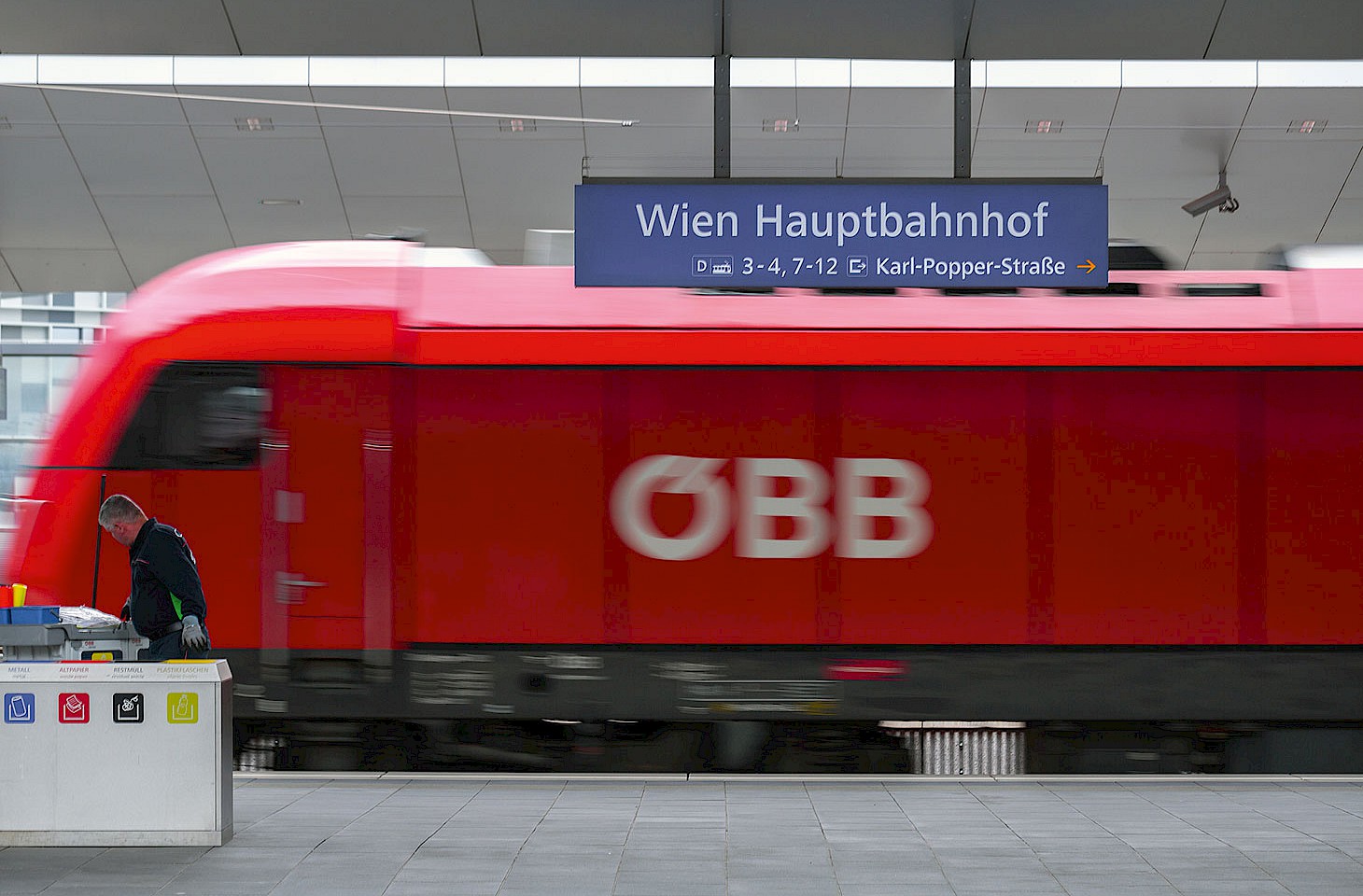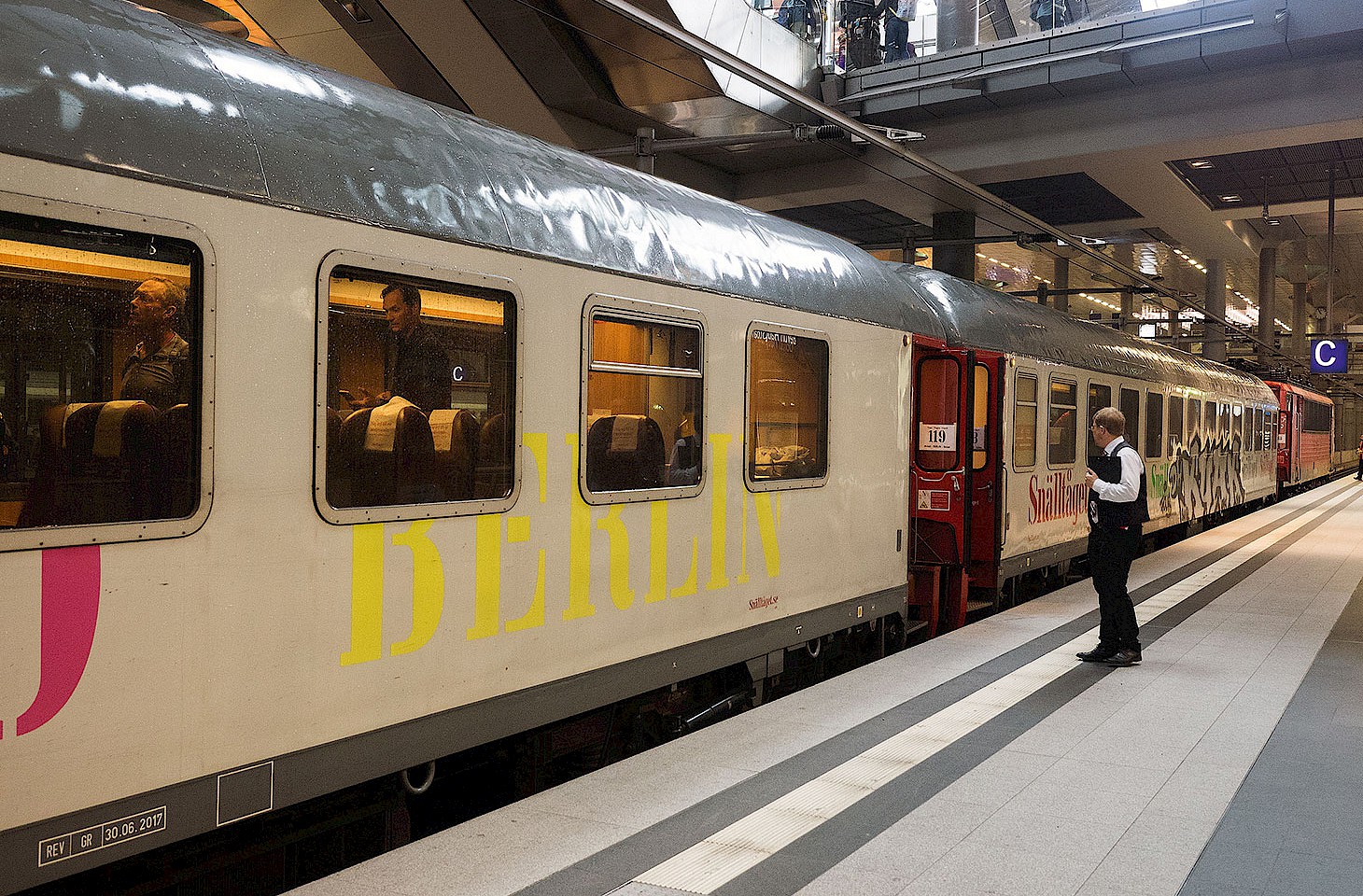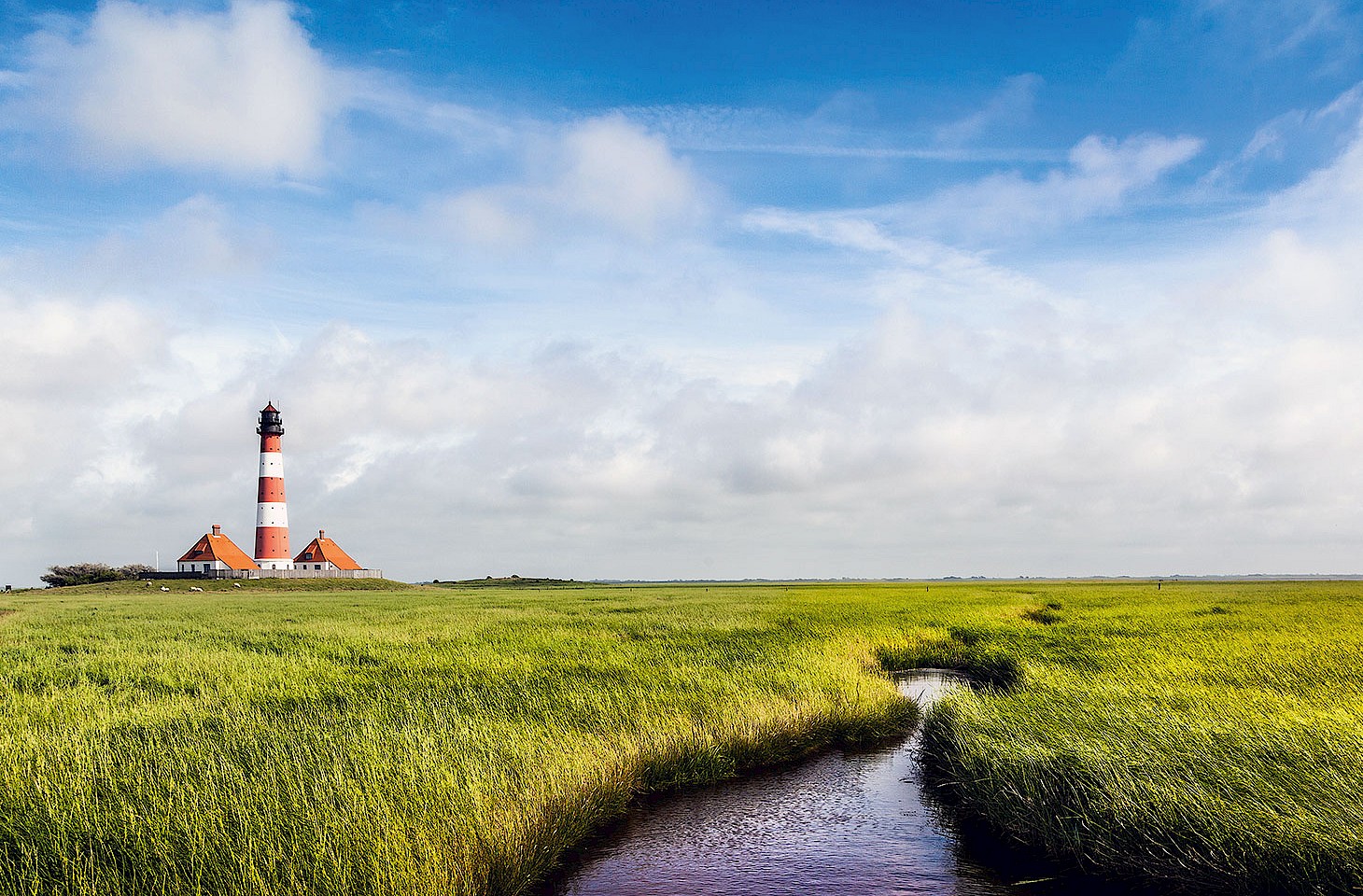Germany
Western Union offices the world over have a certain similarity. The Western Union Telegraph Company was born one hundred and fifty years ago this year. In 1856 no-one imagined that this messaging system, which did so much to speed communications across frontier America, might become a lifeline for the dispossessed and hungry, those who urgently await their remittances from afar. Dinero en Minutos reads the sign nailed to the side of the office by the bus stop in a nondescript wayside town in northern Mexico. 'Money in minutes', at least for those blessed by a benevolent friend or relation in a far flung land.
The Western Union office at Hannover's main railway station may have a dose of German neon, but its social demeanour is more Mexican desert than intercity elegance. Two men, the ones stranded on the hard shoulder of life's highway, interrogate their mobile phones and the impassive counter clerk about the remittances they are expecting. At the adjacent desk, there is one with money. A small roll of cash is handed over to the girl behind the screen. She counts the money twice, examining each piece of paper with evident curiosity. It is as if she has never seen a ten euro banknote before. The inspection done, she looks up and remarks: "So just ninety euros then?"
The slight young man leans forward and says, sort of apologetically, "Yes. Just ninety. Back to Armenia." There is discussion of code numbers and passwords, the desk clerk passes over a slip to the attentive Armenian who leaves the Western Union office.
On the slow train back to Celle - the local train is cheaper than the express - Temur explains that he is Armenian but with a difference. "Yezidi," he says.
"So Kurdish?" I ask hesitantly.
"Well, yes and no," he adds in a manner that suggests he's done this a thousand times before. "We speak a very similar language to all other Kurds . . . some call it Kurmanji, some call it Yezidi or Kurdish. But our religion, well that's completely different."




